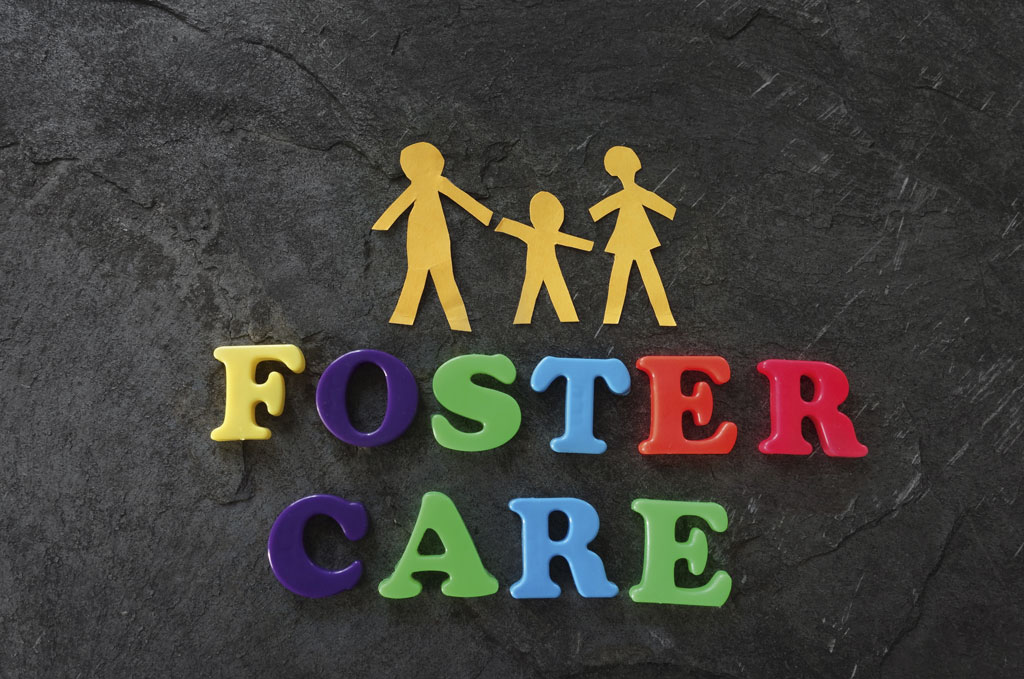
Local authorities are vicariously liable where youngsters are abused in foster care, the Supreme Court has held.
Armes v Nottinghamshire County Council [2017] UKSC 60 concerned a woman who was physically, emotionally and sexually abused by foster parents while in care from the age of seven to 18. It was accepted by all parties that the council had no knowledge of the abuse and had not been negligent in its management of the foster placements.
The court held by a 4–1 majority that the council was liable in tort for the abuse perpetrated by the foster parents, despite the absence of negligence. However, it rejected the argument that the council was liable on the basis of a non-delegable duty. Giving the lead judgment, Lord Reed said ‘a duty to ensure that reasonable care is taken… is too broad, and… the responsibility with which it fixes local authorities is too demanding’.
Kim Harrison, principal lawyer at Slater and Gordon (UK), said: ‘The court held that foster parents are not carrying on a business of their own; the abuse committed by the foster parents was committed in the course of an activity carried on for the benefit of the local authority; the placement created a risk of abuse; the local authority exercised a significant degree of control over the foster parents—powers of approval, inspection, supervision and removal. Finally, the local authority had the means to pay damages; and there was no evidence that imposing liability would discourage local authorities from using foster parents.’ Harrison added that it was a ‘sensible judgment reflecting the realities of modern day foster care. Furthermore, the judgment removes a significant anomaly whereby children who were abused in local authority children’s homes had a remedy in damages under vicarious liability but those abused in foster homes did not’.
Browne Jacobson acted for the local authority. A spokesman said the judgment could have wide-ranging implications for local authorities, including a significant increase in claims and potentially having to meet the argument that foster carers are ‘workers’ with attendant employment rights such as holiday pay and sick pay.






.tmb-mov69x69.jpg?sfvrsn=16d9dd3d_1)


